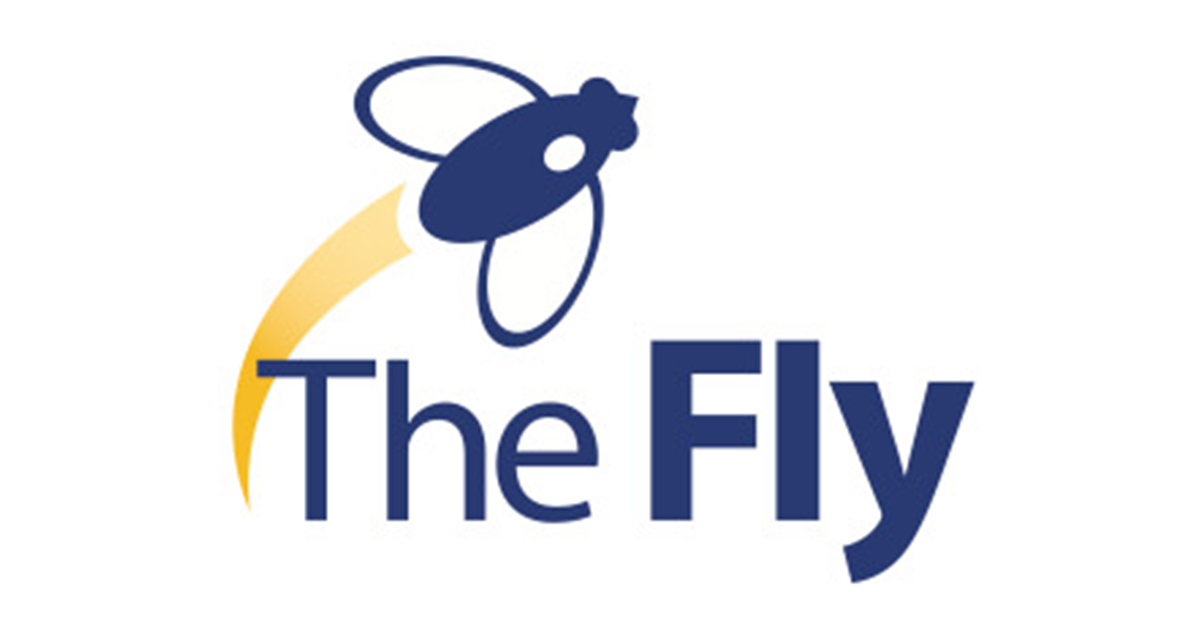Understanding the Recent FDA Clinical Hold on PepGen’s CONNECT2-EDO51 Study
What Happened?
PepGen recently announced that the FDA has placed a clinical hold on the Phase 2 CONNECT2-EDO51 study of PGN-EDO51 in Duchenne muscular dystrophy. This news has caused concern among investors and the medical community alike, as it raises questions about the future of this promising therapy.
Insights from Leerink
According to Leerink, the firm that reiterates an Outperform rating on PepGen, management is currently unsure of the reason behind the FDA clinical hold. They are waiting for the full letter from the FDA to gain more details on the situation. This development is reminiscent of a past incident when PepGen faced a similar hold during the Phase 1 FREEDOM-DM1 study of PGN-EDODM1 in myotonic dystrophy type 1.
What’s Next?
Despite the setback, Leerink remains optimistic that PepGen will be able to resolve the clinical hold relatively quickly. The open-label Phase 2 CONNECT1-EDO51 study is still ongoing, excluding the U.S., which provides some hope for the future of this therapy.
Impact on Individuals
The FDA clinical hold on PepGen’s CONNECT2-EDO51 study could have a significant impact on individuals participating in the trial. It may delay access to potentially life-changing treatment for those suffering from Duchenne muscular dystrophy.
Global Implications
On a larger scale, the FDA clinical hold could affect the progression of treatment options for individuals with Duchenne muscular dystrophy worldwide. It may slow down the development of new therapies and hinder progress in the field of rare diseases.
Conclusion
While the FDA clinical hold on PepGen’s CONNECT2-EDO51 study is certainly a setback, it is important to remain hopeful for the future of this therapy. With the support of the medical community and investors, PepGen may be able to overcome this obstacle and continue their important work in the field of rare diseases.





